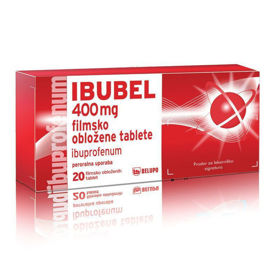Customer question:
Thickened uterine lining in menopause - is this a serious condition? Anonymous customer's question
Pharmacist's answer:
Thickened lining of the uterus during menopause can represent an important health issue that requires evaluation and treatment by a qualified doctor - gynecologist. During menopause, a natural decrease in the frequency and cessation of the menstrual cycle is usually expected, and the resulting thinning of the endometrium, the tissue that lines the uterus. However, some menopausal women may notice thickening or further thickening of the endometrium, which may indicate some important conditions:
- Endometrial hyperplasia: This is a condition in which the endometrium thickens due to abnormal cell growth. Endometrial hyperplasia can increase the risk of developing cervical cancer.
- Endometrial polyps: These are benign growths on the endometrium that can cause thickening of the lining. Although they are usually benign, they can sometimes turn into a malignant tumor.
- Uterine cancer: thickening of the uterine lining during menopause can also be a sign of uterine cancer. Uterine cancer can develop from abnormal endometrial cells.
Since thickening of the lining of the uterus during menopause can also indicate serious medical conditions, it is important for a woman to consult her gynecologist if she notices abnormal symptoms, such as unusual bleeding or other changes in the menstrual cycle. The doctor may also recommend additional tests, such as an ultrasound or a biopsy, to rule out more serious conditions and make a diagnosis and determine the appropriate treatment.
Early detection and treatment of these phenomena can significantly contribute to a more favorable treatment outcome.
Interesting reading: Endometrium
Interesting reading: Uterine abrasion













